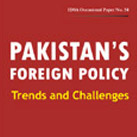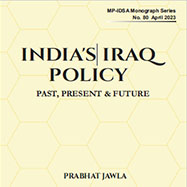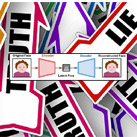Global Power Shifts and Germany’s New Foreign Policy Agenda
The German government’s 2011 abstention from the United Nations Security Council vote on military intervention in Libya raised questions about Germany’s role in the international system. By abstaining, Germany broke with its Western allies and aligned itself with four of the BRICS countries: Brazil, Russia, India and China. Its ‘non-Western’ act unleashed a debate on the future of German foreign policy. This contribution aims to provide an understanding of Germany’s new foreign policy.
- Robert Kappel
- may











